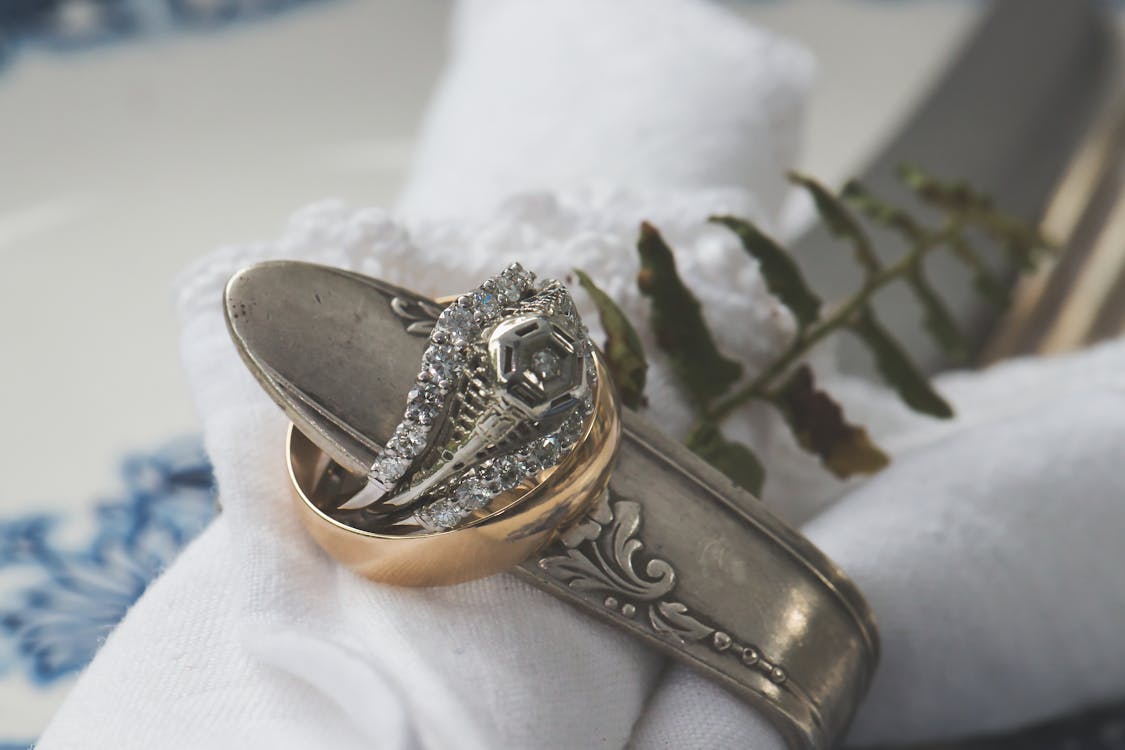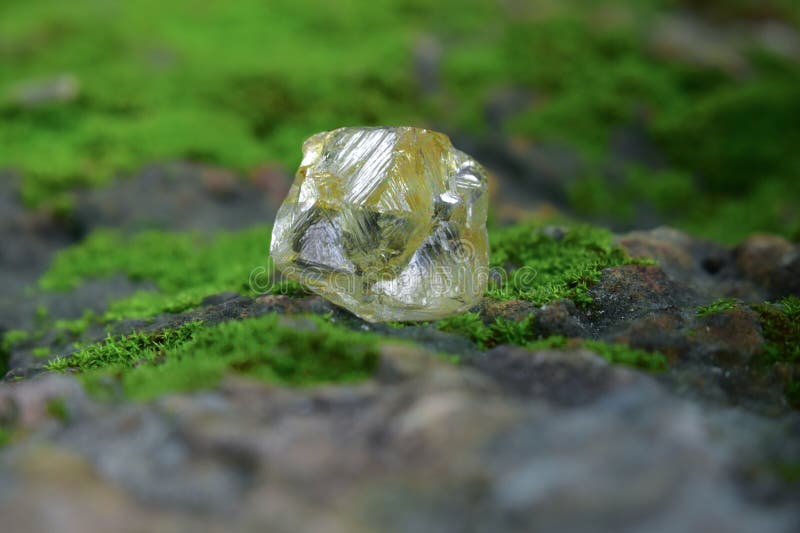In the realm of luxury and allure, diamonds have long been revered as symbols of love, commitment, and prestige. However, beneath their sparkling surface lies a darker narrative that often goes unnoticed by consumers: the issue of blood diamonds. Also known as conflict diamonds, these gems have been associated with human rights abuses and armed conflict in certain regions of the world, particularly in Africa. In this comprehensive guide, we delve deep into the topic of blood diamonds, exploring their origins, impact, and the emergence of a more ethical alternative: man-made diamonds.
Unraveling the Origins of Blood Diamonds
What Are Blood Diamonds that are mined in war zones and sold to finance armed conflict against governments? These diamonds are often extracted through forced labor, coercion, and exploitation, with proceeds used to fund insurgencies and perpetuate violence. The term gained widespread recognition in the late 1990s and early 2000s following the release of the blockbuster film “Blood Diamond,” starring Leonardo DiCaprio. The movie shed light on the harsh realities of diamond mining in war-torn countries like Sierra Leone and Angola, where innocent civilians were subjected to unimaginable suffering in the pursuit of profit.
Understanding the Impact of Blood Diamonds
The consequences of blood diamonds extend far beyond the borders of the countries where they are mined. In addition to fueling conflict and contributing to human rights violations, the trade in these illicit gems undermines legitimate governments, perpetuates poverty, and hinders economic development in affected regions. Furthermore, the environmental impact of traditional diamond mining practices is significant, with large-scale excavation leading to deforestation, habitat destruction, and pollution of water sources.
The Rise of Ethical Alternatives: Man-Made Diamonds
In recent years, consumers have become increasingly aware of the ethical concerns surrounding traditional diamond mining, leading to a growing demand for man-made diamonds. Also known as lab-grown or synthetic diamonds, these gems are created in controlled laboratory environments using advanced technological processes that mimic the natural conditions under which diamonds are formed in the Earth’s crust. Unlike their mined counterparts, man-made diamonds are free from the taint of conflict and exploitation, offering a guilt-free alternative for conscientious consumers.
Advantages of Man-Made Diamonds
Man-made diamonds offer many advantages over traditional mined diamonds, making them an attractive choice for environmentally and socially conscious consumers. These advantages include:
- Ethical Sourcing: By opting for man-made diamonds, consumers can be assured that their purchase is not contributing to human rights abuses or armed conflict.
- Environmental Sustainability: Unlike traditional diamond mining, which can have devastating environmental consequences, the production of man-made diamonds is far less destructive to the planet. Laboratory-grown diamonds require significantly less energy and water to produce and result in minimal habitat disruption and pollution.
- Quality and Purity: Contrary to common misconceptions, man-made diamonds are indistinguishable from natural diamonds in appearance, hardness, and brilliance. They possess the same chemical and physical properties, ensuring consumers receive high-quality products without compromise.
- Transparency and Traceability: Many man-made diamond manufacturers provide full transparency and traceability throughout the production process, allowing consumers to track the origin of their diamonds and verify their ethical credentials.
Embracing a Sustainable Future
As awareness of the ethical and environmental issues associated with traditional diamond mining continues to grow, more and more consumers are making the switch to man-made diamonds. By choosing these ethically sourced gems, individuals can play a part in promoting social responsibility and environmental stewardship within the jewelry industry. Together, we can pave the way toward a more sustainable and equitable future, where beauty and ethics go hand in hand.
Conclusion
In conclusion, the debate over blood diamonds versus man-made diamonds is not merely a matter of personal preference; it is a reflection of our values and priorities as consumers. While traditional mined diamonds may hold sentimental value for some, the ethical and environmental considerations cannot be ignored. By opting for man-made diamonds, we have the power to make a positive impact and contribute to a more ethical and sustainable jewelry industry. Let us choose wisely and pave the way for a brighter future for all.




